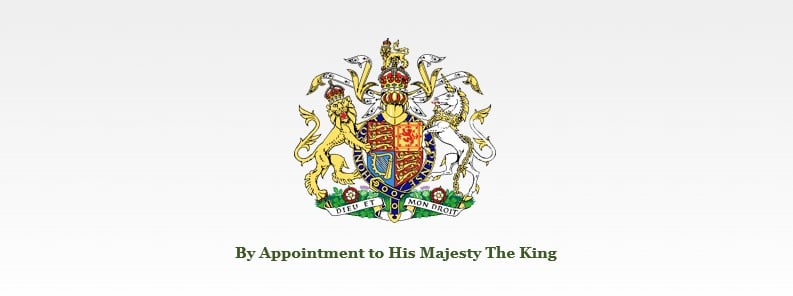Biodiversity
....
Biodiversity is a term used to describe the variety of life on earth. The concept of Biodiversity (as agreed by international convention) encompasses diversity of all plant, animal, fungi and microbial species as well as the genetic diversity that exists within these species on a local level. Biodiversity also includes the many and varied associations of these organisms in ecological complexes and ecosystems.
Biodiversity is all around us, in towns and gardens as well as in the countryside. We all have a part to play to protect biodiversity and the integrity of our environment. Individuals in their lifestyle choices and practically in their gardens can make a real contribution. Businesses and public organisations now have a duty of care to consider biodiversity as part of sustainable social and economic development. One simple and practical way in which both individuals and organisations can promote biodiversity is to sow wild seed.
Why does biodiversity matter?
Human activity is causing the loss of species and ecosystems at an unprecedented rate. This loss of biodiversity has significant impacts on ecosystem functions and services, as well as on human well-being. Biodiversity is intricately interdependent on all other life; the loss of any part of the network of life can produce knock on effects through the whole life-support system. Systems that are rich in species and genetic diversity are generally more resilient and more able to adapt to change whether locally or globally, natural or man-made (as with climate change).
Sowing seed and good management can enhance the biodiversity of individual sites. When many schemes link up they combine to create a resource of greater value than the sum of its parts. Meadows and wildlife areas created in gardens can, for example, be linked by road verges landscaped with wild flowers to similarly enriched field margins around farm crops. This network of connected habitats, once established, will become an invaluable resource boosting, amongst other things, the number and diversity of pollinating insects upon which our food crops depend.
Biodiversity 2020
The ground breaking UK National Ecosystem Assessment (NEA) published in June 2011 provides a comprehensive account of how the natural world, including its biodiversity, provides us with services that are critical to our wellbeing and economic prosperity. However, the NEA also showed that nature is consistently undervalued in decision-making and that many of the services we get from nature are in decline. Over 40% of priority habitats and 30% of priority species were declining in the most recent analysis.
In October 2010 in Nagoya, Japan, over 190 countries around the world reached an historic global agreement to take urgent action to halt the loss of biodiversity. This agreement recognised just how important our wildlife and ecosystems are for sustaining a healthy planet and for delivering essential
benefits for people.

